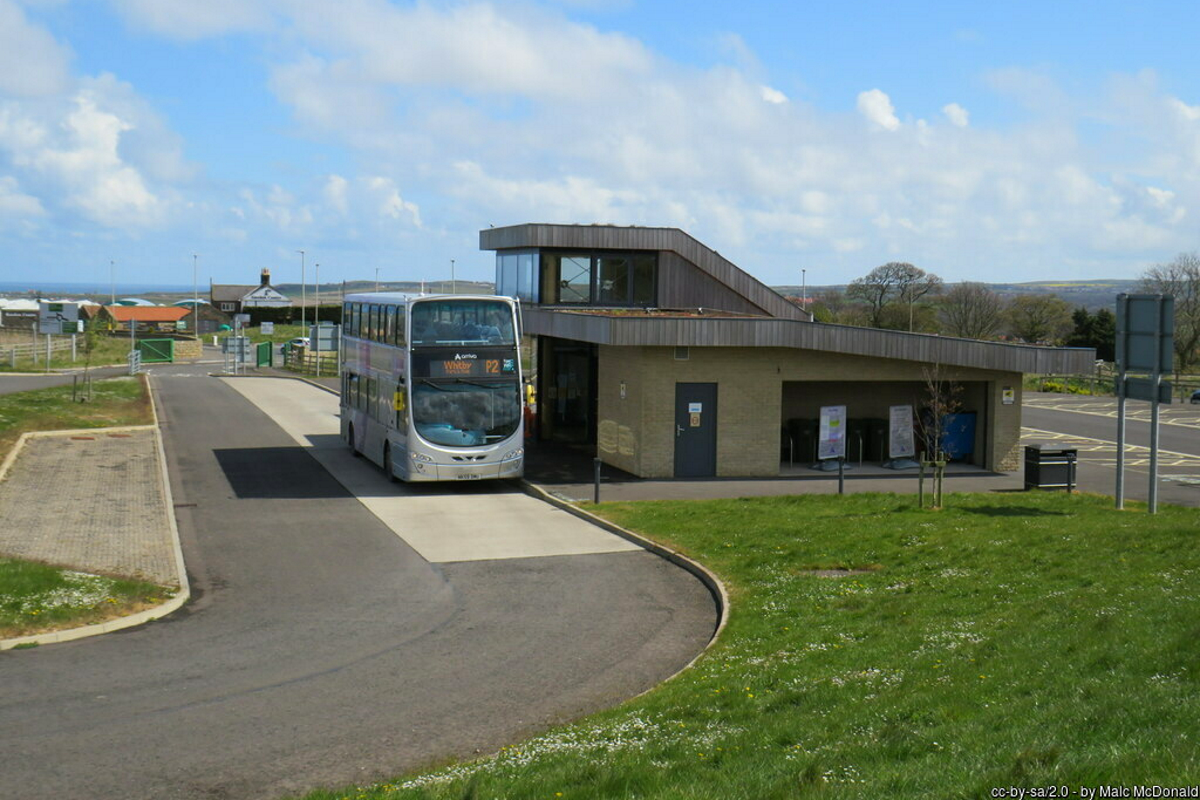
Councillors are told the pandemic had proved “an absolute eye-opener” in terms of the advantages the council could reap from remote working.
North Yorkshire County Council’s executive has recommended to a full meeting of the authority next month that its in-person meetings which shape key services ranging from education to road maintenance should be limited to only those that committee chairs believe are necessary.
While most councillors believe the quality of debate is stifled due to the nature of online meetings, in practice the recommendation is likely to mean all but most full authority, planning and scrutiny of health committee meetings will continue to be held virtually.
Since March 2020 almost every major decision on many public services for the county’s 605,000 residents have been made by its chief executive officer, Richard Flinton, who has used emergency powers granted under the pandemic.
The overwhelming majority of the council’s committees have been held online and broadcast on Youtube, leading to a cut in mileage claimed by councillors of 131,338 miles, a saving in travel claims of £55,221, an estimated saving of 668 working days in travel time and 36.774 tonnes less carbon dioxide emissions a year.
The broadcasting of its meetings, which are held during the normal working week, has led to a sharp upturn in the number of people watching proceedings.
The authority’s executive member for education Councillor Patrick Mulligan said the pandemic had proved “an absolute eye-opener” in terms of the advantages the council could reap from remote working.
The meeting heard while the government was encouraging people to return to workplaces, executive members warned against losing the advantages that remote meetings have brought in “a rush back to the office by some quarters”.
Councillor Janet Sanderson, executive member for children’s services, added:
“Setting Covid aside, going back to anything other than virtual meetings in a blend would be a retrograde step.”
Executive members were also told the authority had a responsibility to protect its staff, but also its elected members, many of whom are aged above or close to traditional retirement age.
The council’s leader, Councillor Carl Les, said online meetings had enabled him to be much more productive, attending up to six meetings in a day instead of about two in-person.
He said:
“I think it’s right to continue to be cautious. The emergency powers have served us well and I would like to think we can continue with that, but also as we start to come out of the pandemic, if we are coming out of the pandemic, to give a bigger role to chairs of committees to decide when meetings should be held in person.”




 Concern Over Increasing Number of Older Renters in Scarborough
Concern Over Increasing Number of Older Renters in Scarborough
 York and North Yorkshire Chief Exec Confident Devolution Will Boost Northern Power and Investment
York and North Yorkshire Chief Exec Confident Devolution Will Boost Northern Power and Investment
 Double Success for Scarborough Motor Firm
Double Success for Scarborough Motor Firm
 Scarborough School Receives Funding for New School-Based Nursery
Scarborough School Receives Funding for New School-Based Nursery
 RNLI Bridlington Puts Out Mayday Call to Help Raise Vital Funds
RNLI Bridlington Puts Out Mayday Call to Help Raise Vital Funds
 Street Lights Switched Off Along Two East Riding Roads as Part Carbon Cutting Trial
Street Lights Switched Off Along Two East Riding Roads as Part Carbon Cutting Trial
 Man Charged in Legacy Independent Funeral Directors Investigation
Man Charged in Legacy Independent Funeral Directors Investigation
 Mayor Says Half Hourly Trains to Scarborough ‘Moving in the Right Direction’
Mayor Says Half Hourly Trains to Scarborough ‘Moving in the Right Direction’
 Park and Ride Services in Scarborough and Whitby Set to Reopen This Weekend
Park and Ride Services in Scarborough and Whitby Set to Reopen This Weekend
 Efforts Underway to Tackle High Missed Appointment Rates at Scarborough Hospital
Efforts Underway to Tackle High Missed Appointment Rates at Scarborough Hospital
 MP Welcomes Investments in Scarborough and Whitby
MP Welcomes Investments in Scarborough and Whitby
 Scarborough to Benefit from New Flood Defence Investments
Scarborough to Benefit from New Flood Defence Investments








Comments
Add a comment